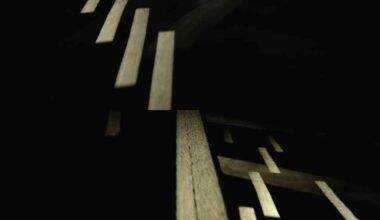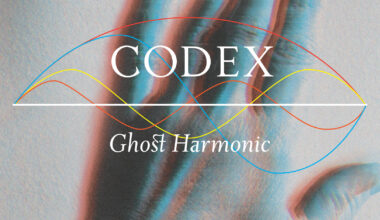Serene vocals, vintage synth sounds and an acoustic guitar add up to easy listening electronica

Call me simple, but I’m always really impressed when a skeleton crew of a band makes music that sounds like an auditorium full of weird and wonderful instruments playing the same tune. With only an acoustic guitar, a keyboard and a drum kit, Junip manage to build a completely solid album. Not once does a song feel bare or skimpy; ‘Junip’ is fleshed out and full of fat blasts of nostalgia.
If you’re a bit shocked at the mention of an acoustic guitar, please don’t be afraid. The constant soft shuffle of José González’s nylon strings barely register as individual strums. His guitar on the album opener, ‘Line Of Fire’, acts more like a pulsing, peaking synth, circling round and round throughout. When the guitar work gets more traditional, like on ‘Head First’ and ‘Baton’, it grounds the songs, stopping them from becoming a confused mess of fuzz. It’s not used just because it’s an instrument that’s always featured, it’s utilised with good reason throughout ‘Junip’.
Nothing that Junip’s keyboard player Tobias Winterkorn uses seems to have been made after 1979. From the synthetic organ of ‘Line Of Fire’ to the bassy oscillation of ‘Baton’, Winterkorn has engineered his sound to perfectly mimic those early electronic experiments of the 1960s and 70s. Or maybe he just got lucky and found an old Moog at a car boot sale. González’s voice pairs wonderfully with Winterkorn’s classic equipment, the vocals in every song sounding hauntingly close to something Simon & Garfunkel might have recorded. He has a modest, serene way of singing that apes ‘The Sound Of Silence’ at every turn. Drenching it in reverb only emphasises the similarity, and when he reaches for higher, stronger notes, ‘Beginnings’ being the best example of this, it all starts to feel a little spooky. It’s certainly not bad that González is wearing his influences proudly on his sleeve, though, especially when they work so well.
‘Walking Lightly’ and ‘After All Is Said And Done’ stand out from the rest of the album because they get a lot of room to breathe. Both are slow, sprawling, five-minute tracks that let Winterkorn experiment with layers of droning synths and more complicated piano melodies forced through thick filters of dusty effects. While the other tracks aren’t quick-paced by any stretch of the imagination, these two pinpoint the relaxed, easy tempo where ‘Junip’ shines. It’s absolutely worth a listen, if only to play a game of “What vintage synthesiser is this supposed to be?”.





